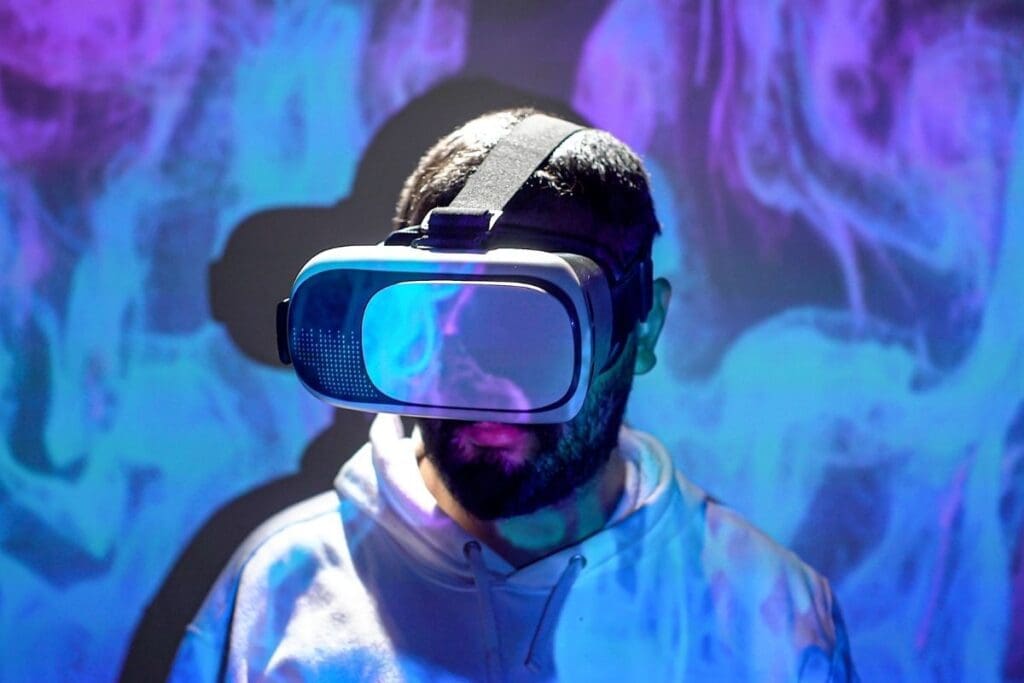The Metaverse, spurred by widespread interest and engagement, has not only captured the attention of individuals but has also become a focal point for companies.
Notably, companies seeking to be part of this emerging space have been observed acquiring land, anticipating future increases in land values, and recognizing the investment potential.
Under the umbrella of the Metaverse concept, various platforms have amassed millions of users. As real people started crafting their existence within these platforms, brands, responding to the significant interest, began introducing their own versions in this digital universe.
The presence of users capable of organizing events, navigating between platforms, and the allure of securing a space for selling products and advertisements within this limited universe became a pivotal goal. Companies promoting their brand elements through NFTs demonstrated how these NFTs could extend into the realm of gaming.

This was a notable illustration of the revenue potential that Web 3.0 could bring. It served as an example of transparency, showcasing ideas that could enhance people’s commercial experiences in the real world, encouraging countries to develop and implement more comprehensible and usable trade laws for real-life transactions.
While certain Metaverse systems operated in tandem with the physical world, the choice of location was seen as advantageous based on the intended use of the land.
Companies and users evaluated the feasibility and value of land purchases by experiencing the size of shopping opportunities, connections with the physical world, organizing events, designing games, or observing the activities of neighboring landowners.
The entry of well-known brands such as Samsung, Adidas, Nike, Pepsi Group, Balenciaga, Walmart, Zara, H&M, Mercedes Benz, Coca-Cola, BMW, Google, Gucci, Dolce & Gabbana into the Metaverse world signaled a shift, indicating that the Metaverse could become a significant alternative to traditional shopping centers. This development has sparked discussions about the transformative potential of the Metaverse in the realm of retail and consumer experiences.

